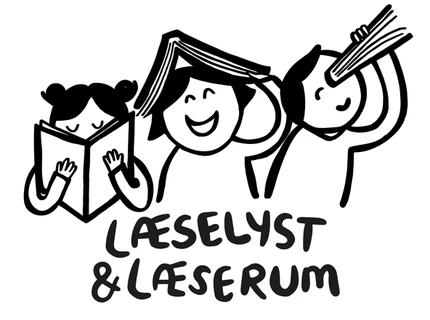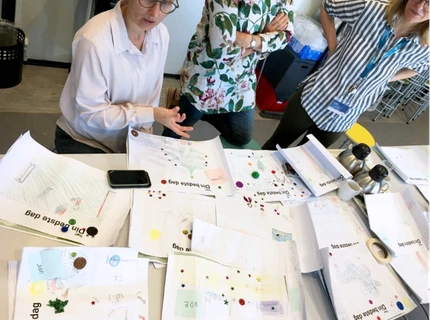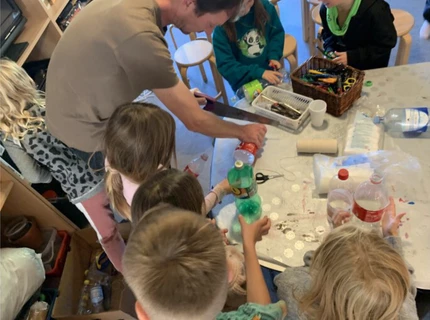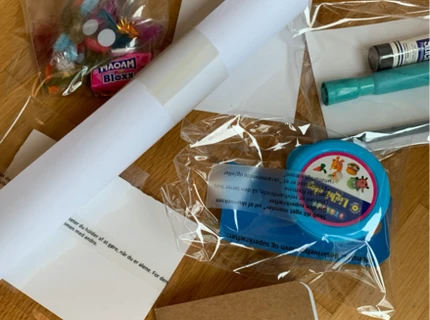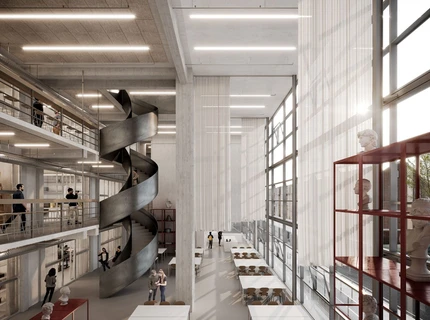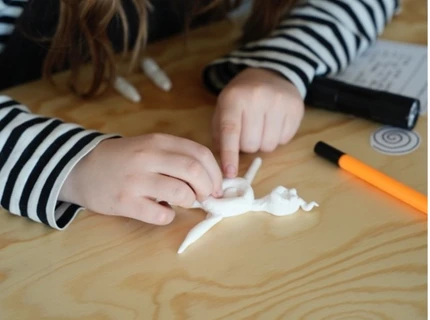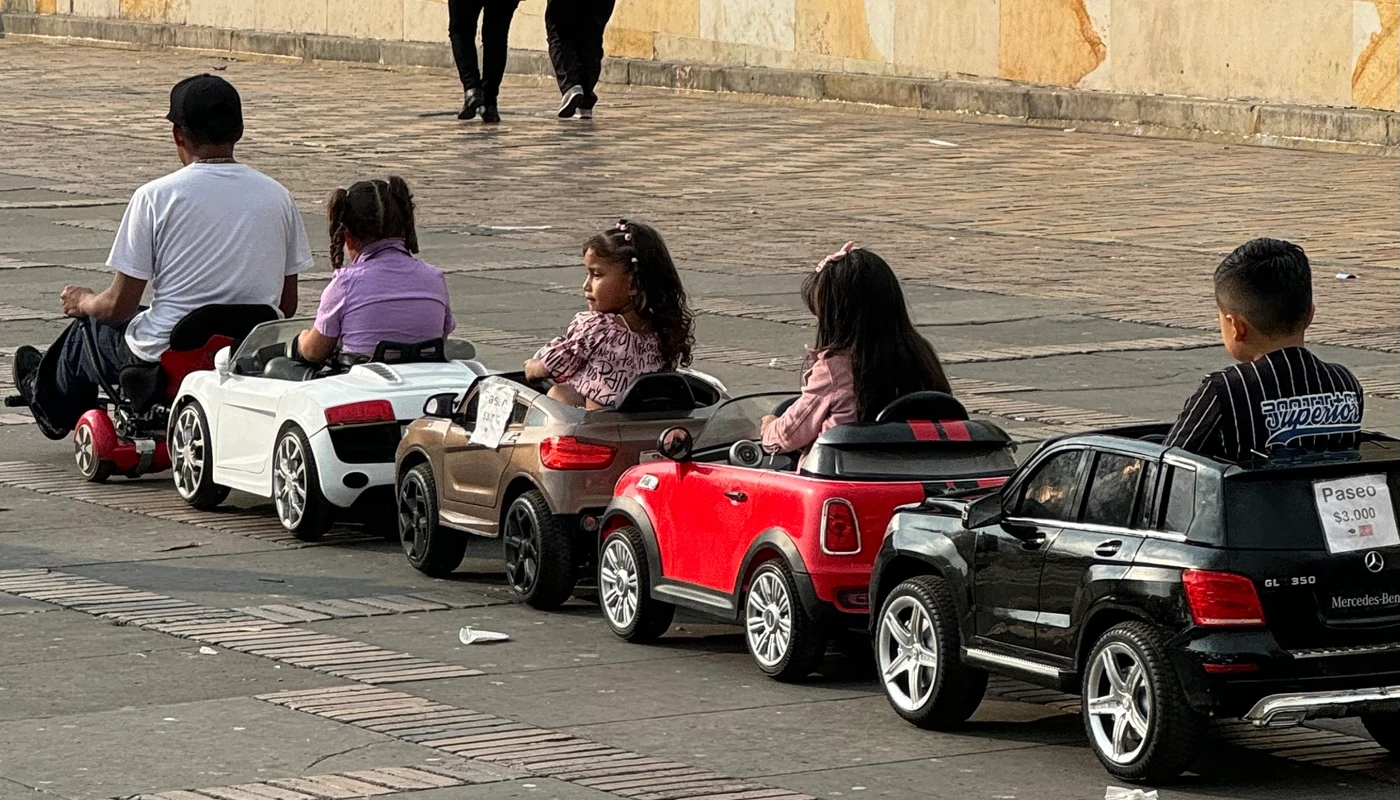
Taskforce for Child-Centred Play Design
- Participants from Kolding School of Design
-
Karen Feder, Lektor
Louise Aagaard, Adjunkt
Emilie Bech Jespersen
Line Gad Kristiansen, Adjunkt
Maria Lyndgaard Petersen
Cecilie Ann Blicher, Ph.d.-student
Nina Sofia Rüder, Adjunkt
- Project management
Kolding School of Design, LAB for Play & Design, Assistant Professor Karen Feder
- LAB
- Play and Design
- LAB theme
- Playful Learning
Playful Care
Playful attractions
Play-centered Design Approaches - Collaboration partners
- Child Culture Design, Gøteborg, Sweden
University of Technology, Eindhoven, The Nederlands
Universidad de Los Andes, Bogota, Colombia
Professor Krystina Castella, ArtCenter College of Design
The Ohio State University, Columbus, US
Why
The vision for our taskforce is to support the development of engaging and meaningful experiences for children through design, grounded in the children's perspective. Our mission is to encourage adults, including designers, educators, and policymakers, to recognise children's interests, perspectives, and rights. We focus on research, development, and education in both the public and private sectors, working locally and globally with relevant partners.
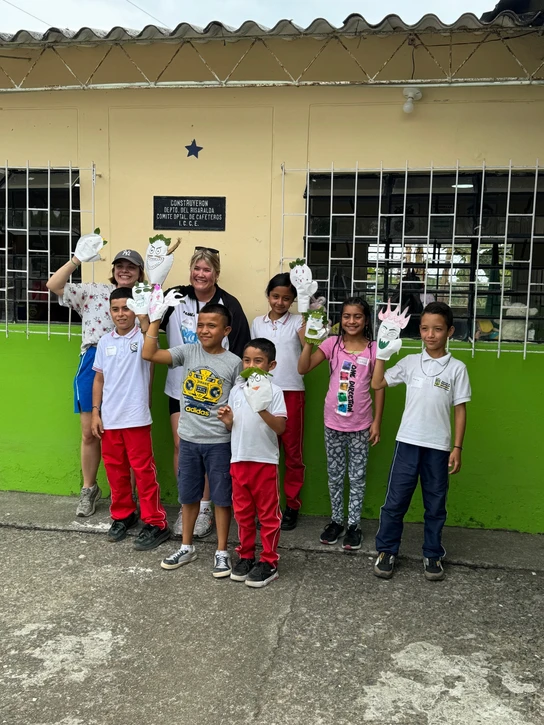
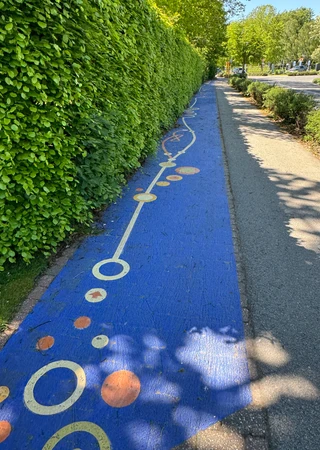
“We work for children's rights to play, participation, and involvement, as outlined in the Convention on the Rights of the Child, and support their right to special care as stated in the Geneva Declaration.”
What
Our approach is based on child-centred design (Feder, 2020) and is grounded in research and knowledge across the fields of design, play, and childhood. This approach recognises children as experts in being children and challenges adult assumptions and agendas about childhood. By focusing on the child and ensuring the child’s voice and expression are central, the approach supports children's rights and leads to better solutions for them. Play plays a crucial role in the approach, the process, and the final design.
We are committed to continuously exploring and investigating this field, understanding where and how child-centred design can be applied, and what impact and value it can bring. We question the status quo and challenge conventional thinking through thorough investigations and experiments.
Our child-centred design taskforce leads and participates in research and development projects that focus on children and their everyday lives. These initiatives may involve professional practices seeking to make their environments, activities, products, or approaches more child-centred, providing more meaningful experiences for children as the user group. This work helps explore, develop, and refine the child-centred design approach through practice-based design research.
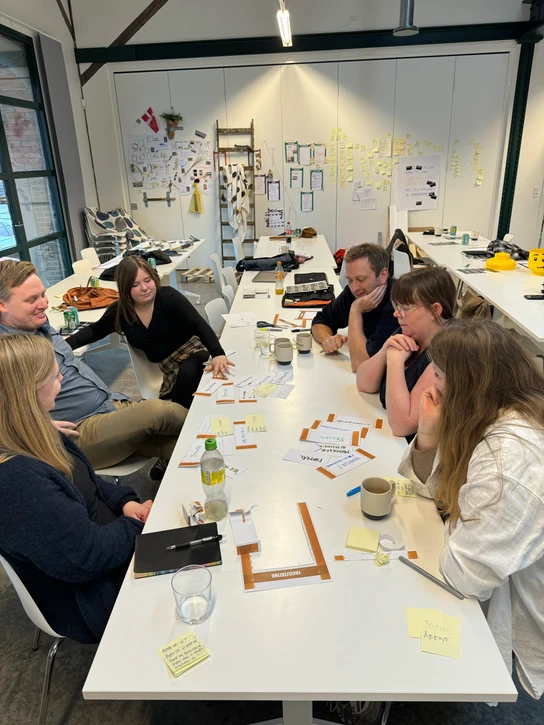
How
Our work spans from research and development projects to teaching, supervision, and consultancy. We participate in our own and others’ research and practice-based studies that incorporate the child-centred design approach, investigating its role, where it can be applied, and its impact. We teach bachelor’s, master’s, and PhD students in child-centred design, and we offer courses for designers and other practitioners focused on developing for, with, and by children.
The methods we use are characterised by playfulness, supporting children’s ability to communicate through play. Methods such as ‘In Practice as a Child,’ ‘Co-Creating a Childhood,’ and ‘Play Probes’ have been refined through research and practice and are adapted to the specific context and the children and adults involved. Part of the taskforce’s work is to develop child-centred design methods for use in development and communication processes.
We work with children in their own environments, based on their everyday life and context, to ensure a better understanding of the setting being developed. We use methods that are tailored to children’s abilities, skills, and interests, ensuring their voluntary participation in the process at all times. Additionally, we adhere to and develop ethical guidelines for research and design with children
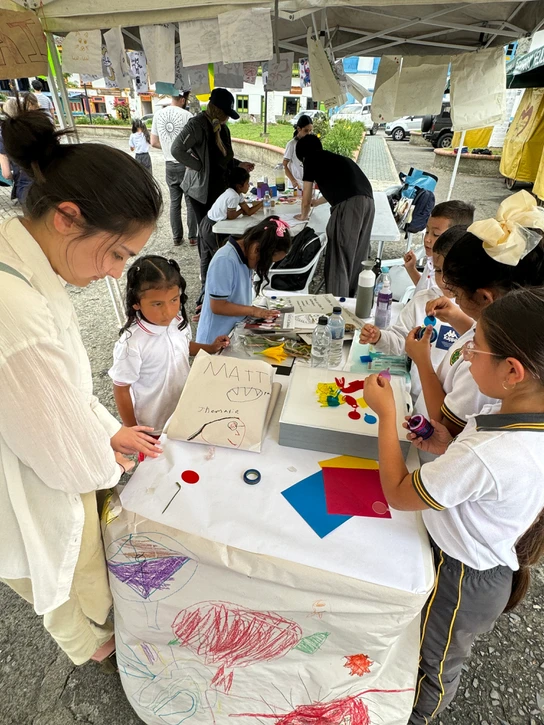
Literature
Here you can find a list of links to related articles.
-
Designing for play with a child-centred design approach
-
Framing Play Design – A hands on guide for Designers, Learners & Innovators
-
Child-centred design decisions – how children’s participation in the design process influences students’ decisions when designing for play
-
Internship as a child – what designers can learn through play with children
-
Vi skal lege os til bedre kulturaktiviteter for børn – med play probes som børnecentreret designmetode
